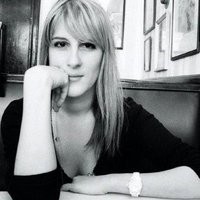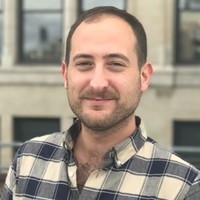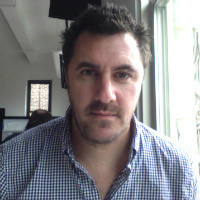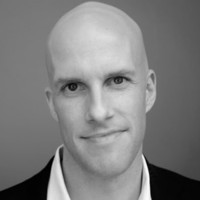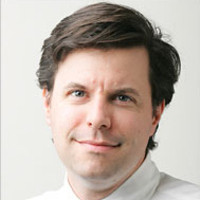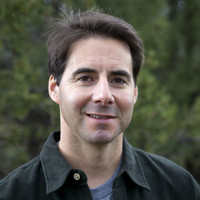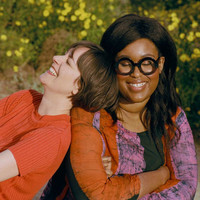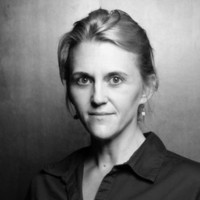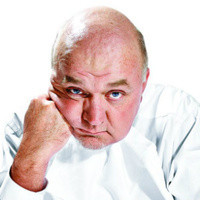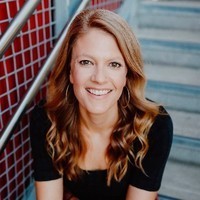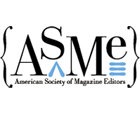Sarah Maslin Nir, a reporter for The New York Times, recently published an exposé of labor practices in the nail salons of New York.
“The idea of a discount luxury is an oxymoron. And it’s an oxymoron for a reason: because someone is bearing the cost of that discount. In nail salons it’s always the person doing your nails, my investigation found. That has put a new lens on the world for me.”
Thanks to TinyLetter, Trunk Club, and Aspiration for sponsoring this week's episode.
